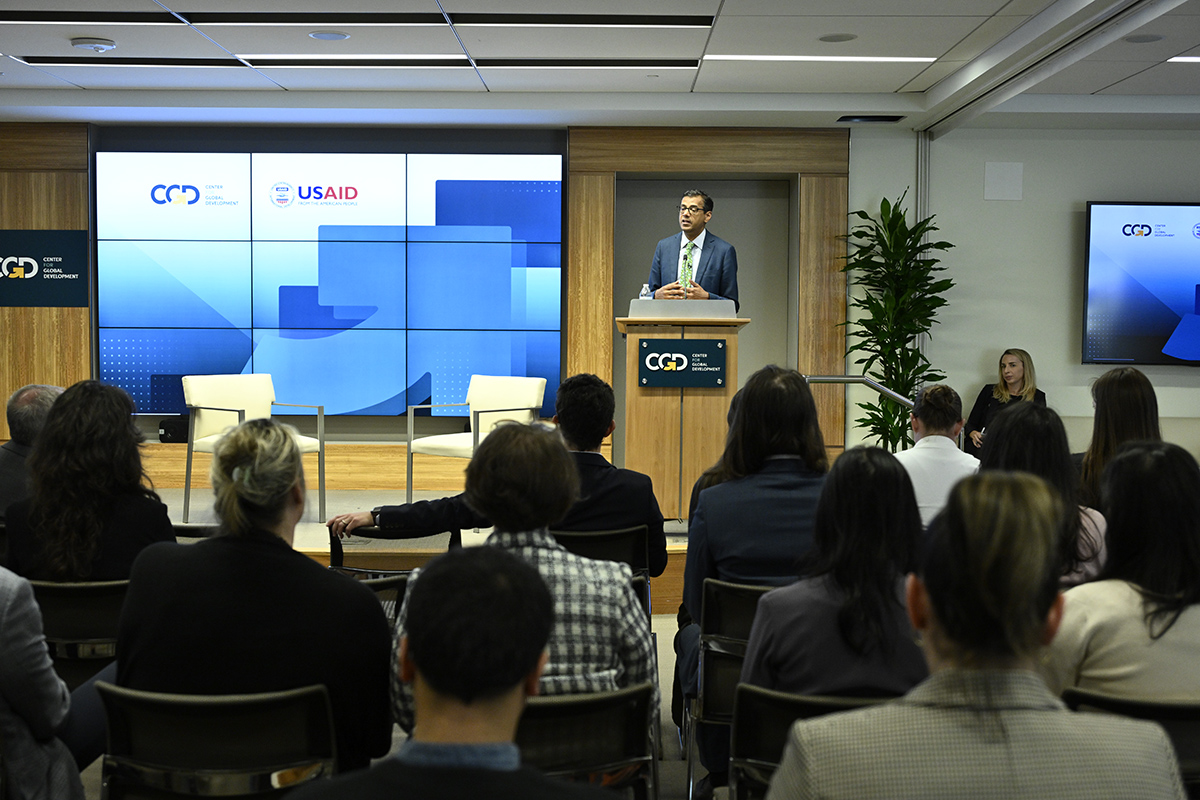That sound you hear is the foreign aid community’s collective sigh of relief following the White House’s announcement of its intention to nominate Ambassador Mark Green as USAID administrator. With so much uncertainty about the future of US foreign assistance, engendered by skinny budgets, executive orders, and a rumor mill on overdrive, Green’s announcement amounts to a heavy dose of comfort that comes with a familiar name and a clear and sound track record as a development policymaker.
During much of his tenure as a Member of Congress, Green served on the House International Relations Committee, where he was involved shaping legislation authorizing two signature development initiatives of the George W. Bush administration—the Millennium Challenge Corporation (MCC) and the President's Emergency Plan for AIDS Relief. Following his departure from Congress, Green was subsequently appointed Ambassador to Tanzania, and went on to hold senior posts at the health advocacy organization Malaria No More , the US Global Leadership Coalition, and currently the International Republican Institute. In addition, Green has frequently lent his perspective to conversations on improving the US approach to development policy as a co-chair of the Consensus for Development Reform, and has twice served as a private sector member of MCC’s board of directors.
Let me offer this personal perspective on Ambassador Green based on his MCC board tenure. As a US Treasury representative at MCC board meetings from 2009-2012, I saw Mark Green in action as a board member, sitting alongside the administration’s development policy leadership (Secretary Clinton, Administrator Shah, WH advisor Gayle Smith, etc.). On the board, Green was polite but persistent on country and policy issues. While he certainly could find himself at odds with others on the board or MCC management on some of these issues, these were always honest and principled disagreements over what would best serve MCC’s underlying mission.
I very much hope that Green will bring the same principled commitment to the underlying mission of USAID, because he will inevitably have disagreements with the White House, with other US government agencies, and with USAID partners around the world. That comes with the job. His task is made much harder by the sharp turn inward that the Trump administration has already taken, and the retrenchment on the budgetary front that has come with it.
But Green’s nomination itself is a sign of hope that if we are entering a period of triage when it comes many USAID programs, we will at least have a responsible actor overseeing this difficult and fraught process, and hopefully one who will stand firm on behalf of his agency’s critical mission. On this front, he will have important Republican and Democratic allies on Capitol Hill, and as an alumnus of that body, he may do well to spend more of his time on the east end of Pennsylvania Avenue than the west end.
CGD blog posts reflect the views of the authors, drawing on prior research and experience in their areas of expertise.
CGD is a nonpartisan, independent organization and does not take institutional positions.





